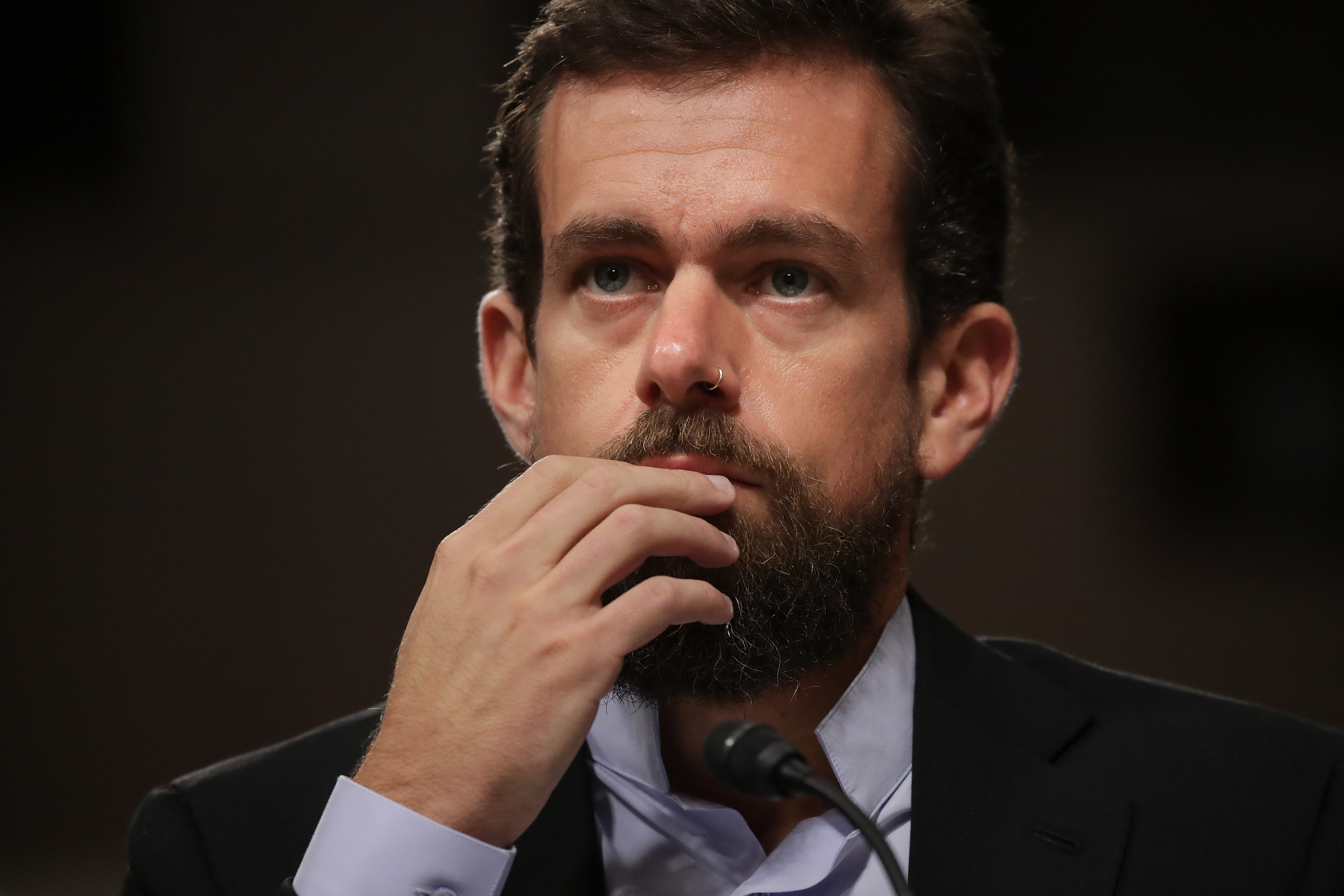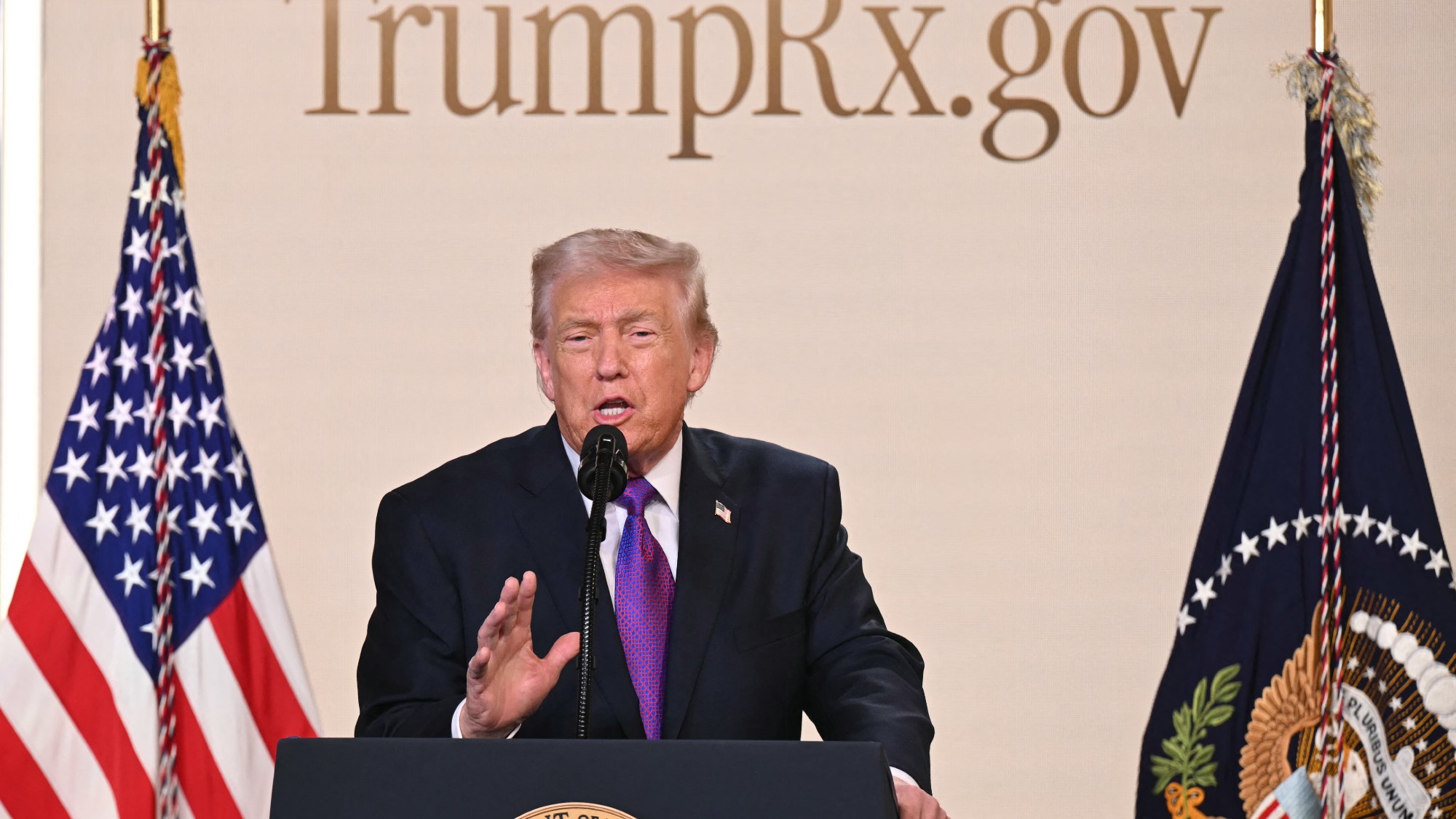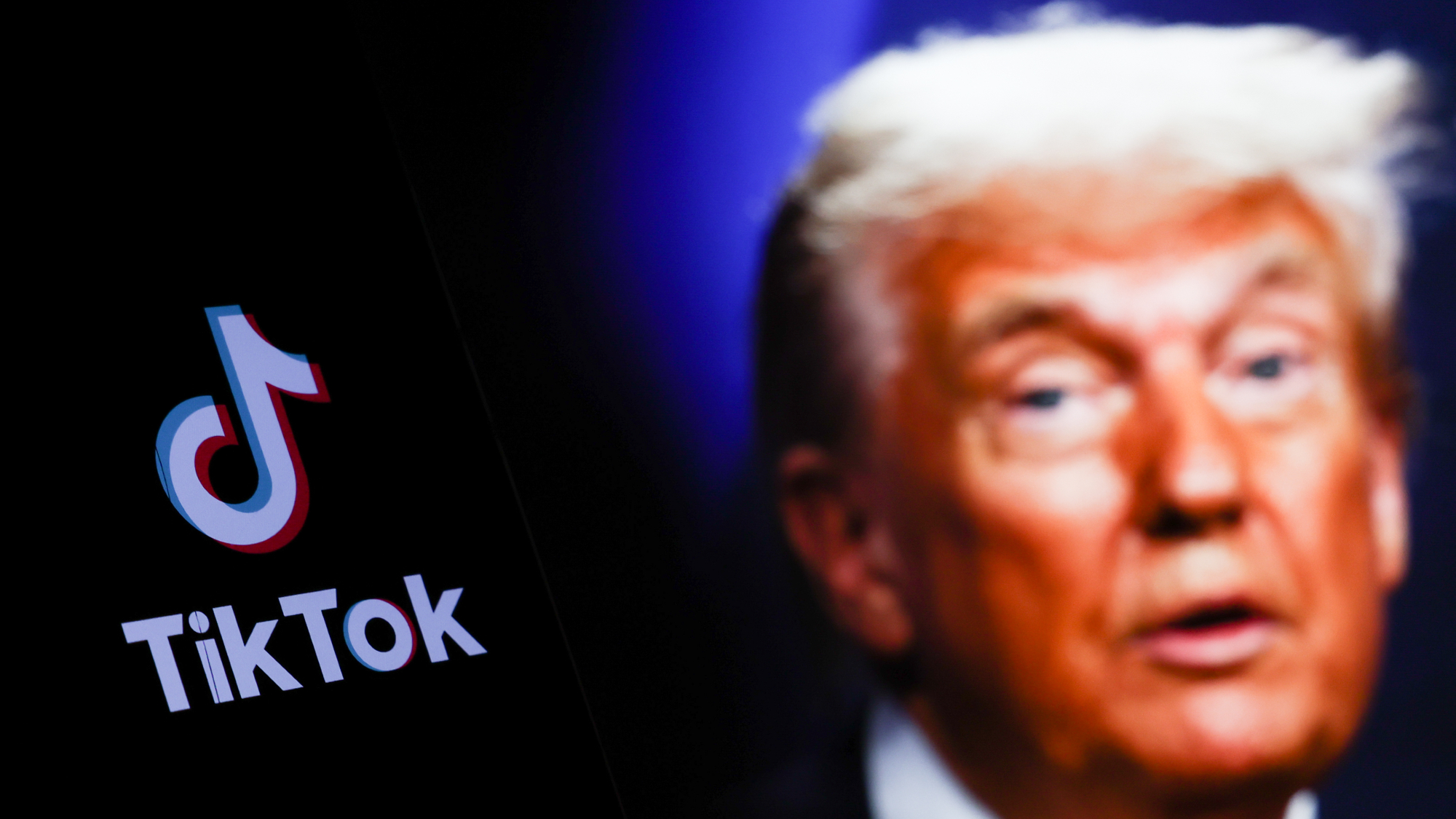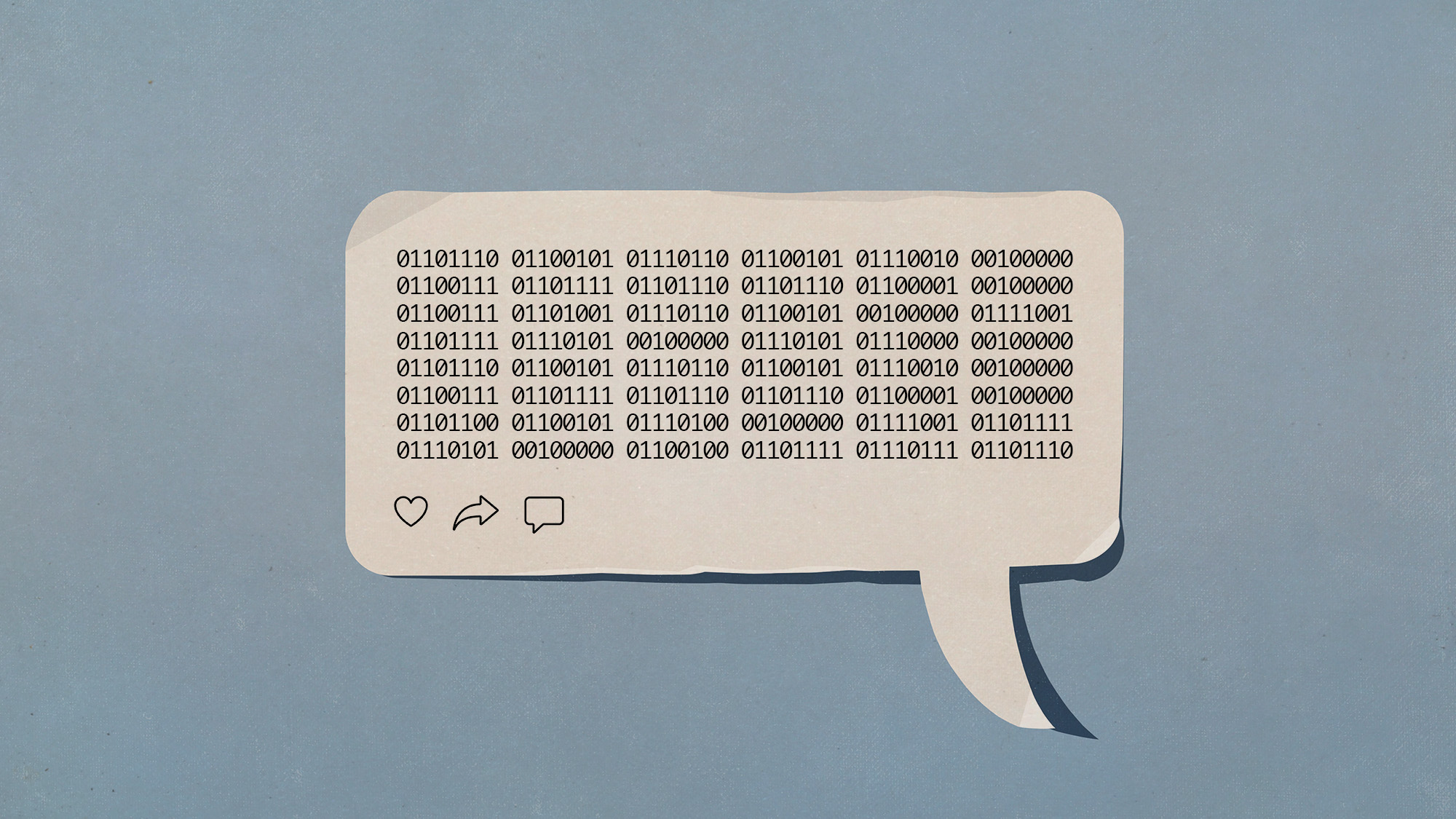Why Twitter may remove the ‘like’ button
Some users believe the idea doesn’t go far enough to tackle far-right content

A free daily email with the biggest news stories of the day – and the best features from TheWeek.com
You are now subscribed
Your newsletter sign-up was successful
Twitter is on the brink of removing its “like” button in an attempt to “improve the quality of debate” on the platform, according to reports.
Jack Dorsey, the social media site’s founder and chief executive, allegedly said at a private Twitter event last week that he is not a fan of the heart-shaped “like” button and plans to scrap the feature “soon”, The Daily Telegraph claims.
Since its introduction in 2015, the “like” tool is used to show “appreciation of people’s status updates”, but the newspaper says that psychologists believe the feature could be causing social media addiction for those “who crave endorsement from their peers”.
The Week
Escape your echo chamber. Get the facts behind the news, plus analysis from multiple perspectives.

Sign up for The Week's Free Newsletters
From our morning news briefing to a weekly Good News Newsletter, get the best of The Week delivered directly to your inbox.
From our morning news briefing to a weekly Good News Newsletter, get the best of The Week delivered directly to your inbox.
According to Metro, “most” smartphone users look at their phones for around five hours a day and roughly 11% of users in Western countries “are thought to suffer from some form of technology addiction”.
Responding to the Telegraph’s report, Twitter said it is “rethinking everything about the service to ensure we are incentivising healthy conversation”. But it added that any changes are still some way off.
What do the users think?
Twitter users are not too fond of the idea, it seems.
A free daily email with the biggest news stories of the day – and the best features from TheWeek.com
A number of people on social media believe Dorsey’s plan to scrap the “like” button doesn’t go far enough to remove far-right posts, an issue that came to a head when the platform refused to ban controversial conspiracy theorist Alex Jones earlier this year.
Other users, meanwhile, joked that the “like” button would be replaced by people writing messages of approval for each post, which would “clog” discussion threads.
-
 Democrats seek calm and counterprogramming ahead of SOTU
Democrats seek calm and counterprogramming ahead of SOTUIN THE SPOTLIGHT How does the party out of power plan to mark the president’s first State of the Union speech of his second term? It’s still figuring that out.
-
 Climate change is creating more dangerous avalanches
Climate change is creating more dangerous avalanchesThe Explainer Several major ones have recently occurred
-
 What’s TrumpRx and who is it for?
What’s TrumpRx and who is it for?The Explainer The new drug-pricing site is designed to help uninsured Americans
-
 Moltbook: The AI-only social network
Moltbook: The AI-only social networkFeature Bots interact on Moltbook like humans use Reddit
-
 Are Big Tech firms the new tobacco companies?
Are Big Tech firms the new tobacco companies?Today’s Big Question A trial will determine whether Meta and YouTube designed addictive products
-
 Is social media over?
Is social media over?Today’s Big Question We may look back on 2025 as the moment social media jumped the shark
-
 Australia’s teen social media ban takes effect
Australia’s teen social media ban takes effectSpeed Read Kids under age 16 are now barred from platforms including YouTube, TikTok, Instagram, Facebook, Snapchat and Reddit
-
 X update unveils foreign MAGA boosters
X update unveils foreign MAGA boostersSpeed Read The accounts were located in Russia and Nigeria, among other countries
-
 Trump allies reportedly poised to buy TikTok
Trump allies reportedly poised to buy TikTokSpeed Read Under the deal, U.S. companies would own about 80% of the company
-
 What an all-bot social network tells us about social media
What an all-bot social network tells us about social mediaUnder The Radar The experiment's findings 'didn't speak well of us'
-
 Broken brains: The social price of digital life
Broken brains: The social price of digital lifeFeature A new study shows that smartphones and streaming services may be fueling a sharp decline in responsibility and reliability in adults